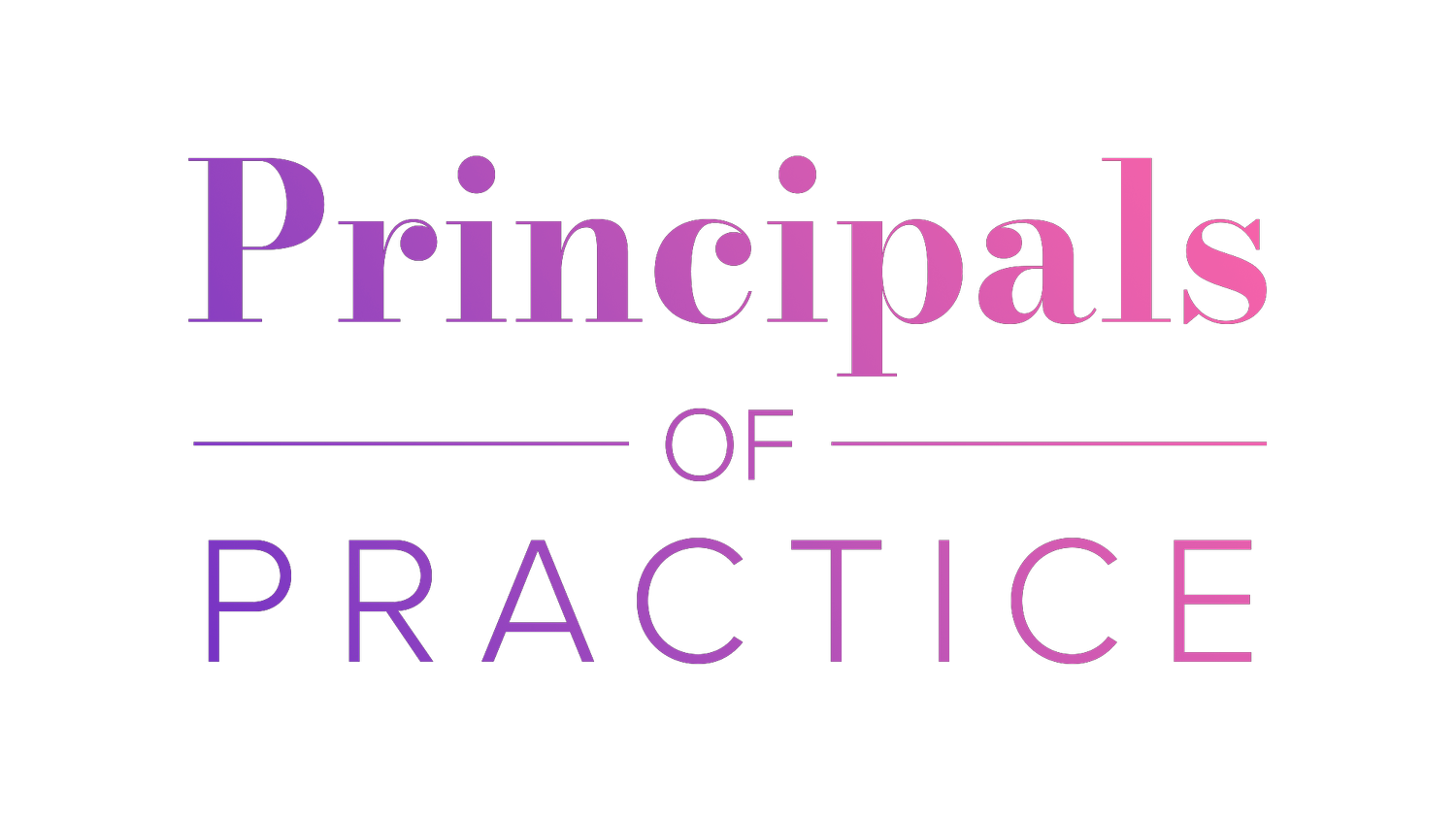Horrible bosses: how to make wine from your tears
“I don’t need a cry baby, I need a f***ing lawyer!” I was in my first year as an articled clerk when a partner shouted those words at me. I’d let some tears fall after copping a tirade of insults from him when he’d found a typo in a document. While this encounter took place almost 20 years ago, similar interactions are still taking place in firms and corporations today, along with many other less blatant examples of poor leadership. In fact, a recent article in The Times reported that one in five lawyers have been bullied or harassed while at work.
https://www.thetimes.co.uk/article/one-in-five-lawyers-bullied-or-harassed-while-at-work-dl9h2cgtg
If you are facing this situation, what can you do? How can you use some of these difficult encounters as an opportunity to design a formula for your personal leadership?
The pandemic has created a mood of job scarcity, so I would not blame anyone who is struggling in a toxic work environment if they feel helpless and as though the opportunities for them to either speak up or move on are limited, for now.
Below are some things you might want to try to help you get something useful out of the situation:
1. Notice: Take note of all the ‘horrid boss’ behaviours that infuriate you. Be specific: is it the words that are spoken or the way they are expressed that is upsetting you? Dig deep to determine what it is about these behaviours that don’t sit well with you.
2. Evaluate: Think about your core values. To help identify them, write a list of what you value and if you would like some guidance, here is an example of a values identification exercise. https://www.taproot.com/live-your-core-values-exercise-to-increase-your-success/
3. Analyse: What do you notice about the list of behaviours you detest and your core values? Are there gaps? Are there consistencies (for example you don’t like being micromanaged and this is consistent with autonomy being one of your core values), or potential inconsistencies that might require further exploration (for example you can’t stand it when your boss talks about her expensive lifestyle but your core values include wealth and abundance). Do you need to revise either list? Think also about the leaders who impress you and why. Are there some new values you’d like to develop and bring into your working style that are consistent with what you appreciate in others?
4. Embody: Now that you are clear on your values, map out how you can embody them in everyday interactions. Consider the language that would be used by someone who holds these values. What words and phrases would they use, or not use? What moods or emotions can you identify that are consistent with those values? How can you show up in those moods or emotions? Which body postures are aligned with those values? How could you demonstrate those values through your facial expressions or the way you stand, sit or move? You will express those values authentically when your language, mood and body posture are aligned and are in harmony with the value you are seeking to articulate.
5. Respond: As you develop your values, consider possible responses to the offensive behaviour:
a. What values can you reflect on to strengthen your feelings of self-worth around these interactions? See this research by Zoe Kinias and Jessica Sim. https://www.researchgate.net/publication/291376323_Affirming_Personal_Values_Facilitates_Women's_Success_in_Business
b. How would your reactions appear if you were operating from your core values?
c. Is there a conversation you need to have with your boss or someone else inside or outside the organisation? Is now the right time? If so, how could you have that conversation in a way that holds true to your values? Consider the potential short-term and long-term consequences of the conversation in your analysis.
There is always a way to navigate tricky work relationships if we see them as growth opportunities, but sometimes it’s not easy when you’re in the thick of it and in a flight or fight response. If you need help, contact me at katie@principalsofpractice.com for a confidential chat.
Bosses are certainly not immune to the stresses and difficulties resulting from Covid-19 – and extra understanding and compassion use useful from all sides – but abuse in the workplace is not acceptable. If you are experiencing this you should seek support from your human resources department, a trusted friend or family member, or therapist.
You might also want to take a look at the suggestions on this page
https://worksafe.govt.nz/topic-and-industry/bullying/bullying-at-work-advice-for-workers/?gclid=CjwKCAjw74b7BRA_EiwAF8yHFEK5giLvFttZhLaHluTcS2w-4xuhQSsHIGGarQsPlSAecs6x3tyrVxoC184QAvD_BwE

